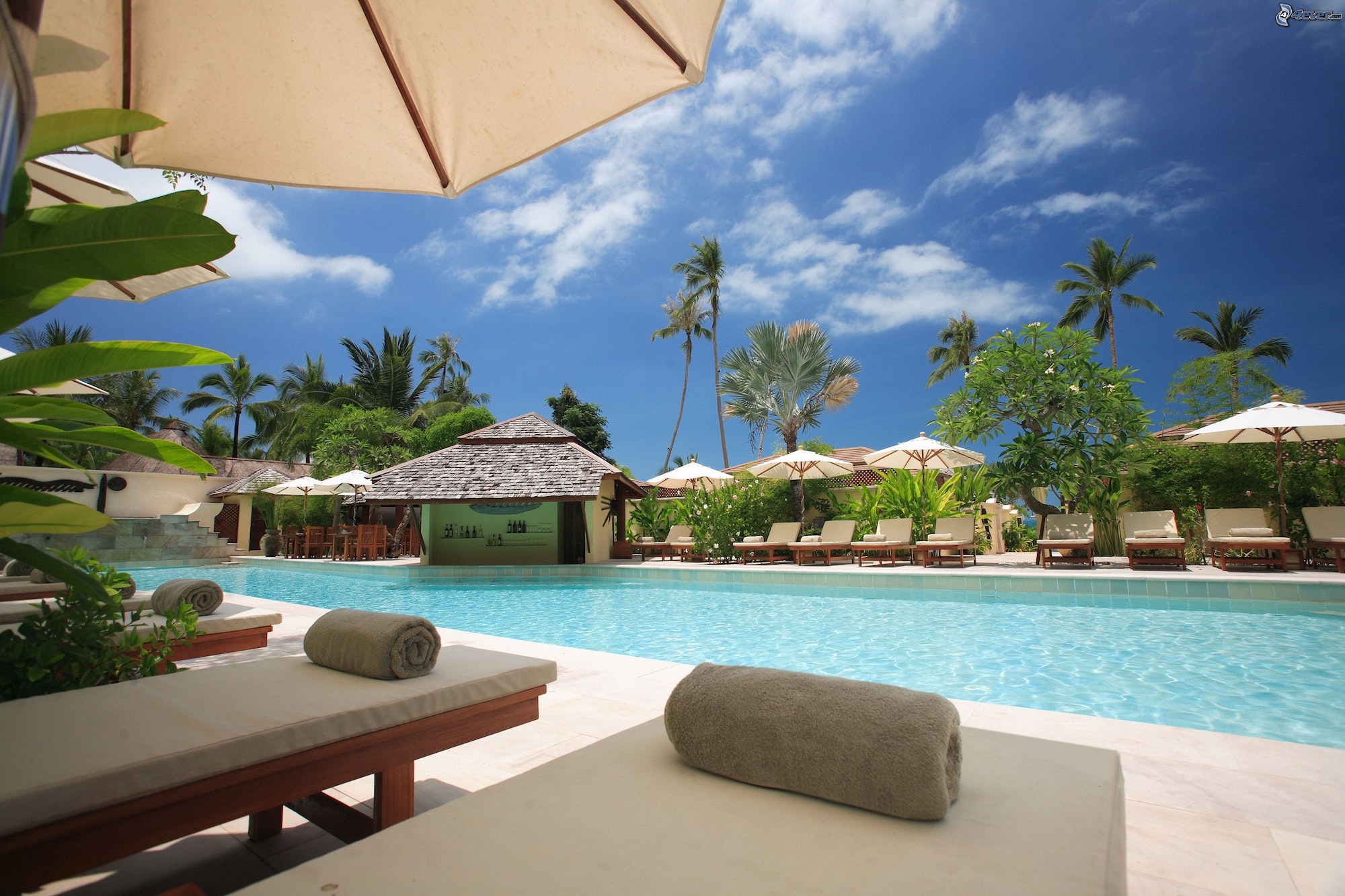
Work-life balance has become buzzy lately, especially as we continue to re-calibrate post-pandemic. For all the talk of quiet-quitting, Great Resignations, burnout, and “getting back out there,” workers still feel vacation-deprived.
Global vacation deprivation is the highest they’ve been in 10 years, according to Expedia’s 23rd annual Vacation Deprivation Report. Nearly two-thirds (63%) of the more than 14,500 respondents said they felt vacation-deprived, which is insignificantly lower than 2021’s rates (64%) when travel restrictions were still mainly in place worldwide.
What does Expedia mean by vacation deprivation, exactly? The term describes people’s feelings when they work too many hours with too few paid time off days.
What gives? In not-so-shocking news, study participants cited finances as a reason for foregoing vacation getaways. A looming recession has people watching spending and even paid time off. Workplace shortages also have people hesitant to pare down their schedules, even for a week or two. All this talk of travel disruptions, like flight delays and planning challenges, has also led people to take little to no vacation time.
Interestingly, the U.S. doesn’t have the highest rates of vacation deprivation. That honor belongs to people in Mexico (77%). France (71%), Germany (70%), and Australia (65%) were also ahead of the U.S., which ranked fifth in vacation deprivation (63%). However, the U.S. received and took the fewest vacation days in 2022. Americans were given an average of 12.5 days off and only took 11. Meanwhile, people in Japan were given 22 days and took 26 days off.
Even though people in many countries aren’t using paid time off, respondents still feel strongly about vacation benefits. According to Expedia, 90% of vacation-deprived respondents felt regulation vacations were a basic right. More than 8 in 10 (81%) of global travelers planned to travel as much or more this year.
A vacation getaway could be a perfect Rx to another trend: Burnout. Almost 6-in-10 (60%) said they were experiencing at least moderate burnout levels, per a recent Aflac WorkForces Report released in the fall of 2022.
Ways to reduce vacation-related stress
Want to take advantage of the paid time off you were pumped about when you took your latest job? Expedia offered advice:
- Plan smart with less effort: Services like Expedia have perks like trip planning boards that allow you to collaborate with other travelers in your party. You can also search for fun things to do, local attractions, and group and private tours in the area — it’s like a virtual travel agent without extra costs.
- Find the best deals. Expedia, hotels.com, TripAdvisor, and other planning tools can help you scour the Internet for multiple deals at once, assuring you get the most bang for your buck (and have money to spend at your destination).
- Be ready to roll with whatever happens. Disruptions are likely to happen, especially as airlines continue to recover from the pandemic while grappling with the recession. Expedia says picking a departure time before 3 p.m. reduces the risk of flight cancellation by 50% — sometimes, the early bird gets the flight.
Vacations are important; no getaway will be fuss-free, nor will there be a perfect time to step away from the office. Still, taking paid time off can help you feel refreshed, creative, and committed once you return.



